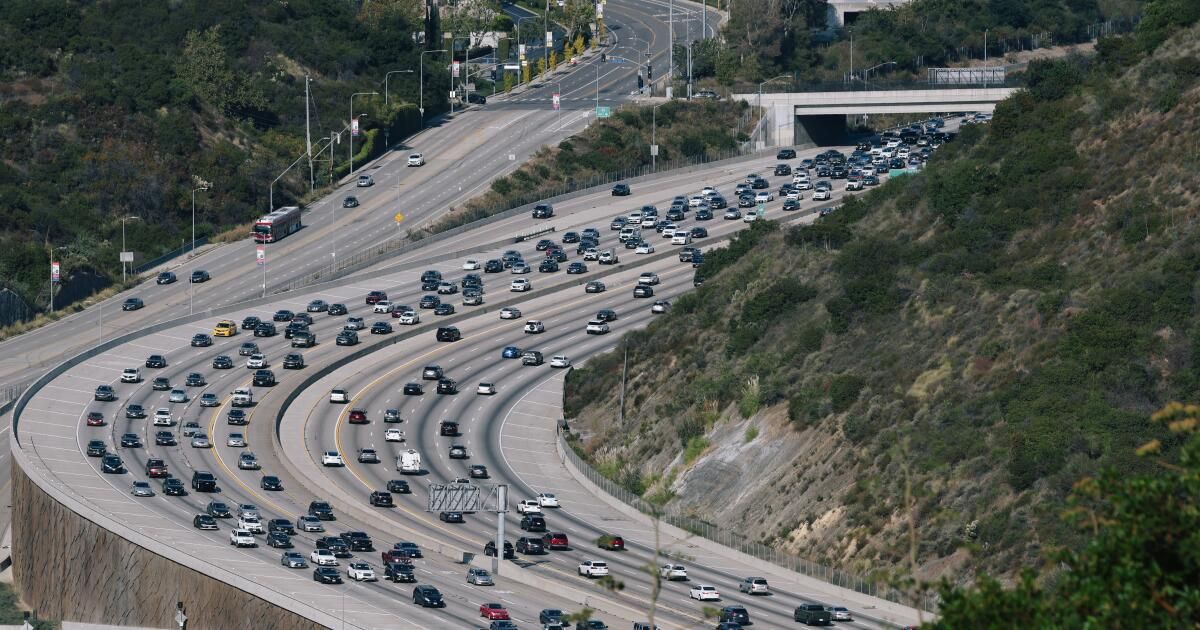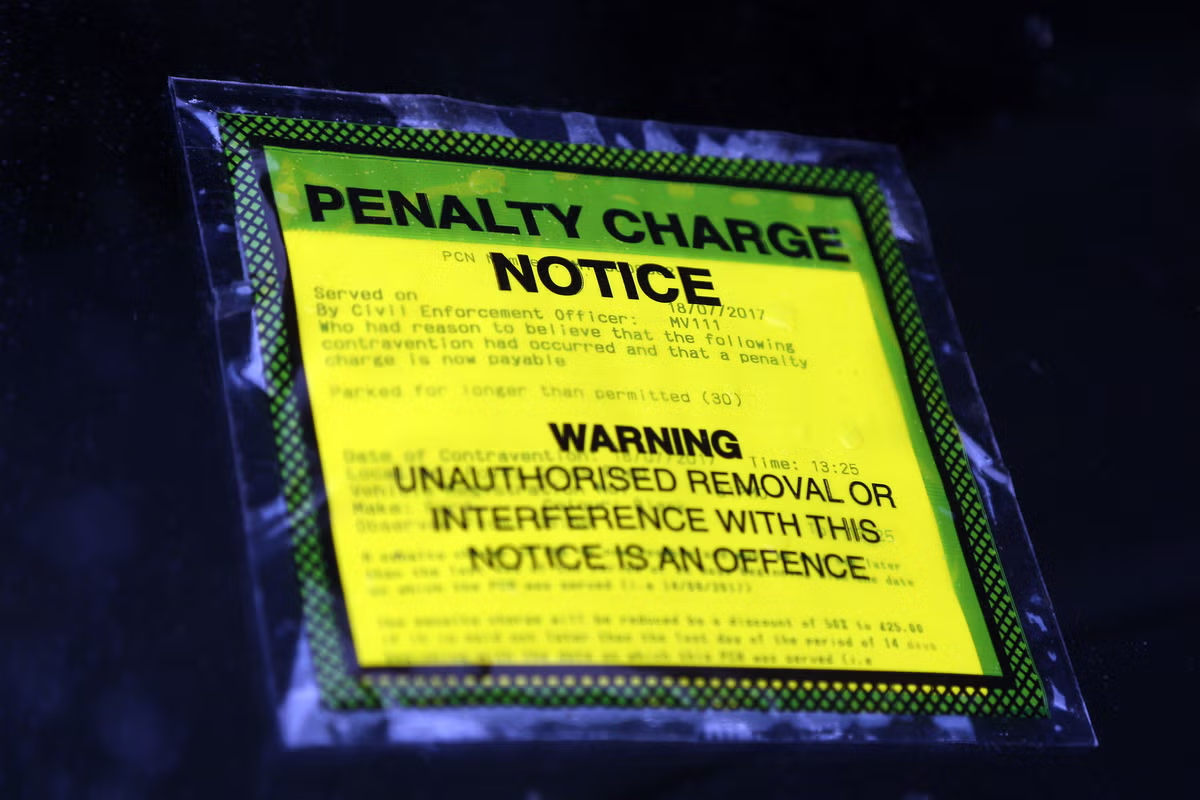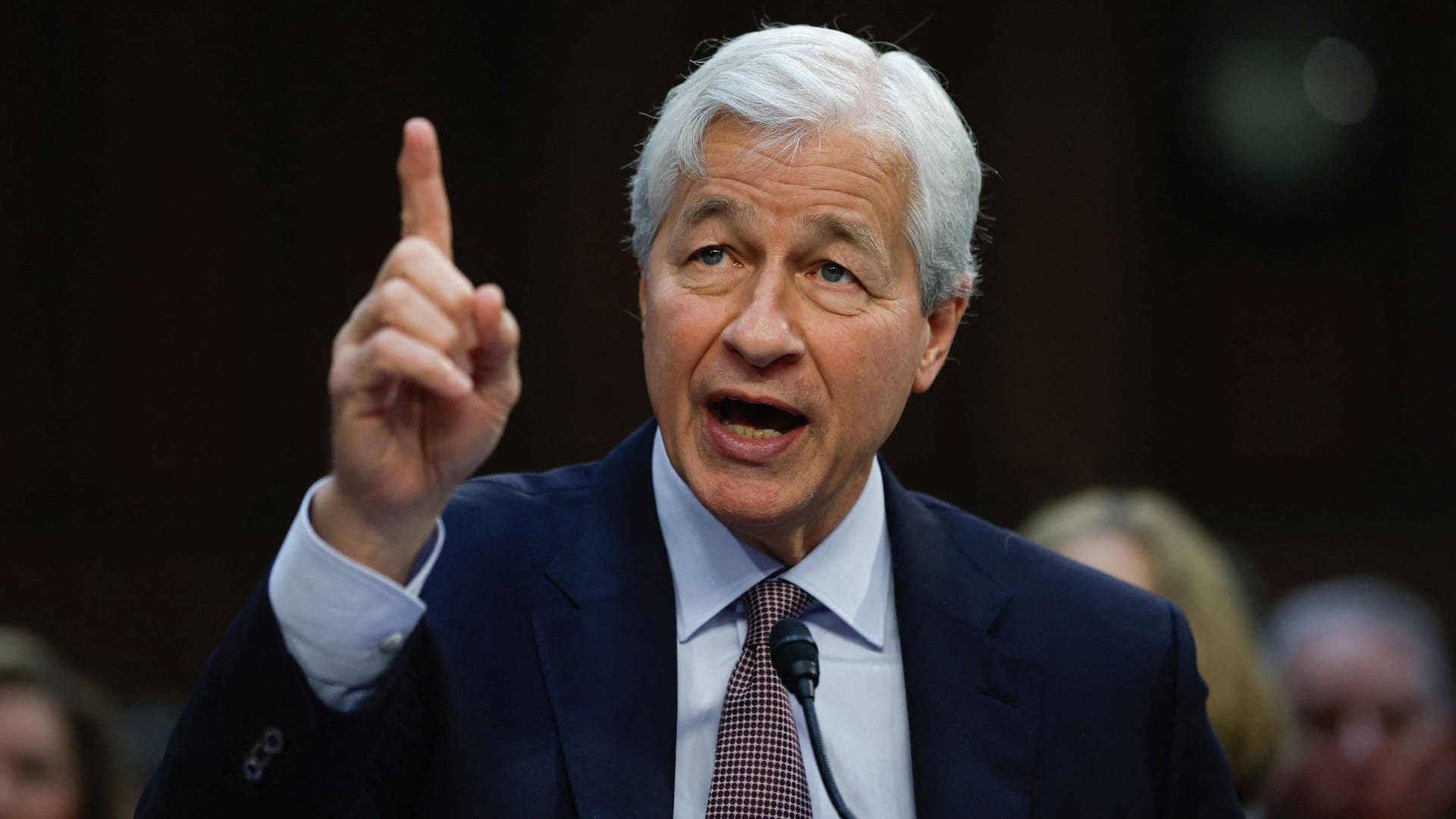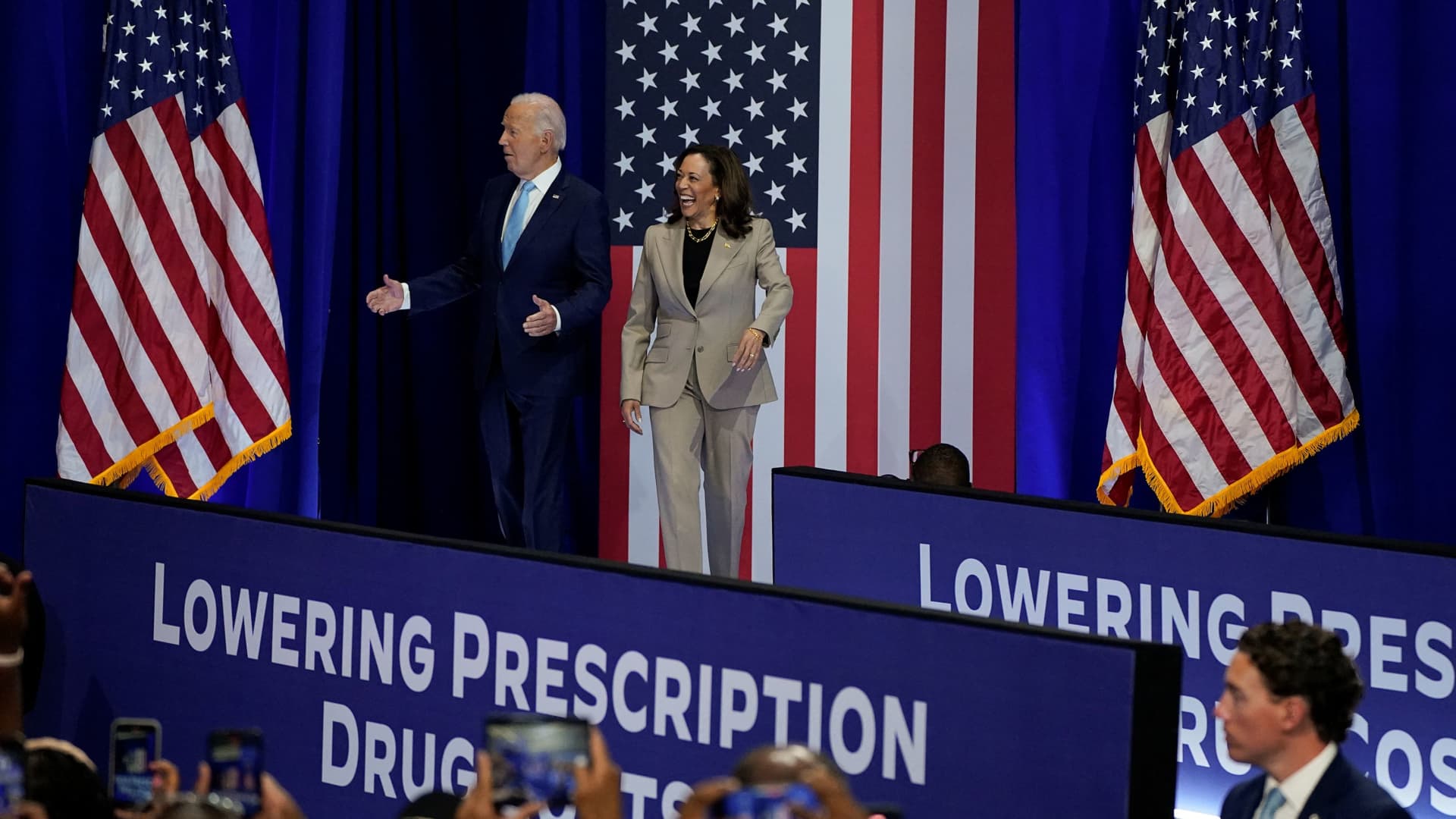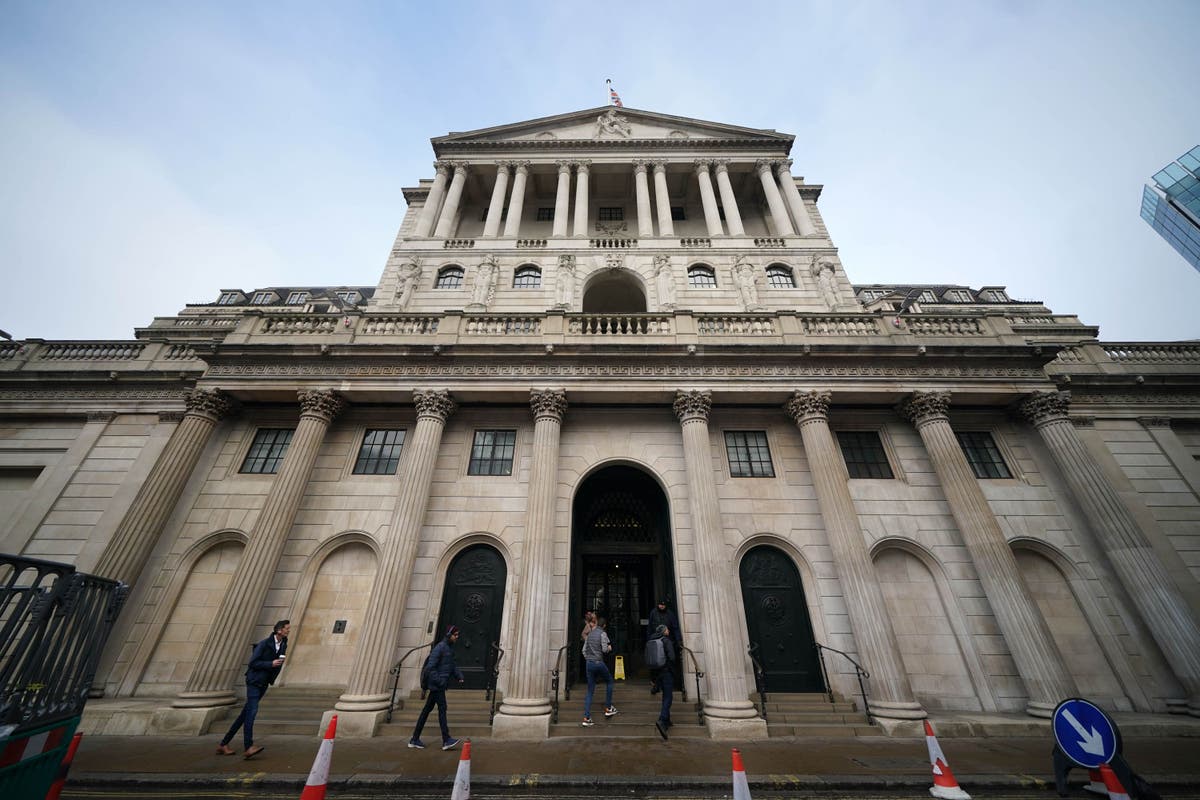As if high gas prices don't make life miserable enough, California drivers are being hit with higher auto insurance premiums — if they can find coverage at all.
Frustrated by state regulations, several insurers have limited the new policies their agents can sell in California. Barbara Caudana, personal lines account manager at Conrey Insurance Brokers & Risk Management in Orange, said she and other Conrey agents have to turn away at least three potential clients a day.
“We're working very hard to never tell a person, 'God, I'm sorry, there's nothing we can do,'” he said.
Conrey is currently working with four insurers that were limiting coverage opportunities for new customers, a common problem for drivers who have just gotten a license or are looking for another insurer. Drivers can lose coverage for even seemingly small infractions, such as missing a payment; Caudana said there are no longer grace periods.
If a driver is assigned a coverage plan, the second hurdle is sometimes waiting 15 days before coverage takes effect. Laine Caspi, an agent with Paratus Insurance Services in Granada Hills, said she is concerned about people driving without coverage during these waiting periods.
For California drivers who already have policies, the challenge for many is the sharp increase in premiums when they renew them. Caspi said he has received calls from people who cannot afford the increase and are canceling their coverage.
For the record:
12:21 pm December 19, 2023An earlier version of this story identified the state's insurance commissioner as Richard Lara. This is Ricardo Lara.
How do we get here? It all started when California Insurance Commissioner Ricardo Lara ordered insurers to make partial refunds to policyholders who were overcharged for March and April 2020, when the pandemic's stay-at-home orders effectively mandated California roads and reduced the risk of being on the road, according to a UC Davis study. The requirement to reduce premiums remained in place as the pandemic continued.
“Right now we have up to $2.6 billion in premium returns, so that's money saved because of the strong actions we took and the protections we have,” said Michael Soller, a spokesman for the Department of Insurance.
It was a priority for the commissioner to ensure that drivers were not overcharged, Soller added.
In addition to pandemic-related refunds, the commissioner also declined to approve any rate increases for auto insurance providers for most of 2022.
Big-name insurers have been saying for months that they “can't get the rates they need from the state Department of Insurance,” said Mike D'Arelli, executive director of the American Agents Alliance, a national association of independent insurance agents and brokers.
Companies complained they were losing money despite being profitable in 2022, according to market share data from the Department of Insurance.
In late 2022 and early 2023, Geico, Mercury Insurance, Allstate and several other insurers were approved for 6.9% increases, with some smaller insurers getting larger increases. However, D'Arelli said, when the rate approval process was completed, the increases did not keep pace with rising costs in today's economy.
“That really brought things to a head,” he said.
According to S&P Global Market Intelligence, private auto insurers across the United States are “racing to increase premium rates as they seek to offset historically poor underwriting results,” which reflect the difference between premiums collected and claims paid.
Reported that the average increase in private auto insurance was 11% in the US through August 2023. The rate change process and amount of approved premium increase differs by state.
Then companies hit the brakes and began limiting agents to no more than two to five new policyholders per month, D'Arelli said, adding that some insurers were even going so far as to discipline agents for exceeding their quota.
To request rate increases, insurers must file their case with the California Department of Insurance and undergo a review process established by Proposition 103, the premium reduction initiative that voters approved in 1988.
Proposition 103 gave the insurance commissioner the power to review property and casualty insurance premiums before they take effect, known as the “pre-approval” system. It also sharply limited the factors insurers could consider when setting rates, requiring them to show data connecting each factor to their risk of loss. The goal was to prevent insurers from setting discriminatory premiums that did not reflect the driver's claims potential. Before the law, insurance companies were not regulated.
If the requested premium increase exceeds 7%, the commission typically responds with a counteroffer based on its calculations of the insurer's risks. Proposition 103 also allows consumer advocates and other third parties to weigh in with their own analyzes and arguments; One group that does this frequently is Consumer Watchdog, a nonprofit founded by attorney Harvey Rosenfield, who authored the ballot measure. If there is no agreement, the insurer can continue to push for a larger increase through a hearing, although hearings are rare, Soller said.
This system has affected the behavior of insurance companies because “they want to be competitive with other insurance companies,” Soller said.
There have been rumors that insurers will abandon California and take their businesses to states with fewer regulations; Two examples are Kemper Independence Insurance and its subsidiary Unitrin Auto and Home Insurance, which will stop covering California drivers in January. If a company takes its business elsewhere, Rosenfield said, the insurance commissioner has emergency authority under Proposition 103 to bring it back.
“Recently, Lara has really pushed back against the intervention process because it dramatically contributes to the cost and time involved in approving rate requests,” D'Arelli said.
Soller and D'Arelli said inflation helped drive further increases in premiums, but Rosenfield attributed it to greed.
“[Insurers have] “I've been looking for a way to get the insurance commissioner or the courts, the voters, the legislature or the governor to come together to derail Proposition 103 and its protections for years,” he said. “And it's not just because [they’ll be] “They can't rip us off like they used to in California, but because Proposition 103 has become a model for reform across the country.”
Rosenfield also said that blaming Proposition 103 is absurd and that failure to comply with the law will make auto insurance even less affordable.
“[With Proposition 103,] no fee can be approved unless it is fair and reasonable,” Rosenfield said.

